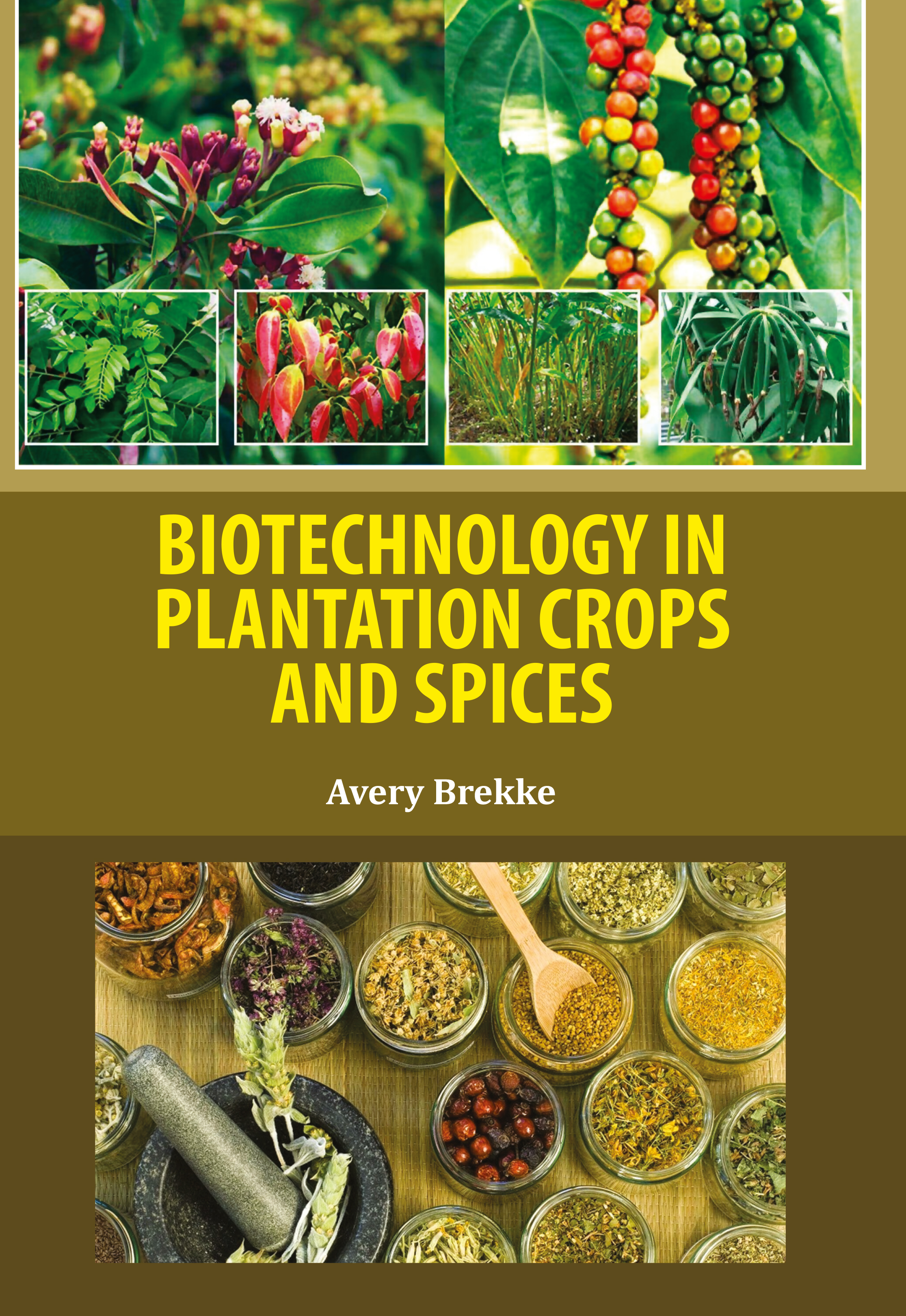
Biotechnology in Plantation Crops and Spices
by Avery Brekke
| ISBN | 9781835357149 |
|---|---|
| Publisher | EDTECH PRESS |
| Copyright Year | 2025 |
| Price | £165.00 |

by Avery Brekke
| ISBN | 9781835357149 |
|---|---|
| Publisher | EDTECH PRESS |
| Copyright Year | 2025 |
| Price | £165.00 |
Crop improvement in majority of spice crops is a difficult and time consuming programme due to long prebearing age. The productivity of many spice crops is considerably low due to various factors such as inadequate availability of high yielding varieties, absence of genotypes resistant to pest and diseases and absence of variability in many of the introduced crops. Biotechnology with its apparently unlimited potential offers new and exciting opportunities to solve the crop specific problems. Crop alteration has been practiced by humankind for thousands of years, since the beginning of civilization. Altering crops through breeding practices changes the genetic make-up of a plant to develop crops with more beneficial characteristics for humans, for example, larger fruits or seeds, drought-tolerance, or resistance to pests. Significant advances in plant breeding ensued after the work of geneticist Gregor Mendel. His work on dominant and recessive alleles gave plant breeders a better understanding of genetics and brought great insights to the techniques utilized by plant breeders. Spices and condiments relate to the natural, aromatic plant components or mixture thereof, used for flavouring, seasoning and imparting aroma or flavour to food. The term applies equally to spices in the whole, broken or ground form. Spices have played a significant role in the history of civilization. Crop improvement in spices is difficult and time consuming due to their long pre-bearing age and other crop specific problems. Biotechnology offers novel avenues for crop improvement of spices.